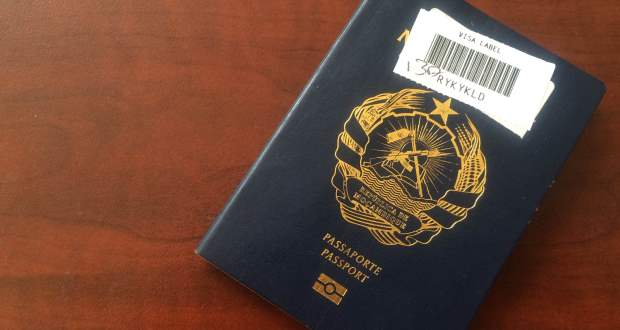Students around the country have been experiencing frustrations with access to financial aid; some have resorted to protests as a way to highlight their situation. ZIMASA MATIWANE, a self-funding student who had missed out on classes due to violent protests in the past, used to find such actions infuriating. But then she dug a little deeper…
I have been a student at the Durban University of Technology (DUT) for three years. Protests, most of them related to student financing, have been a common occurrence here, especially during the beginning of the year. Right after forking out thousands of rands in outstanding tuition and registration, many students on campus would be forced to leave classes because of violent protests. As a self-funded student, this situation infuriated me – so much so that I did not bother trying to understand what the reasons were.
I study on a small campus and this has shielded me from the realities many of my fellow students faced. I associated protests with rowdiness, and thought students had a lack of interest in solving problems through negotiation. Why should there be a strike for issues to be resolved? Â Surely the parties concerned have a common goal: to get every deserving student into class.
Boycotting classes did not seem like practical option to me. After a strike, student problems seemed to have been sorted out and everything went back to normal, but it looked to me like a disadvantage to students, as they had missed out on class time.
But this year, my work as a reporter has forced me to pause and listen.
Yesterday I received a call about a student gathering. I was told police had just arrived with water cannons and that a strike was looming. I quickly went to the main campus, hoping to make sense of the situation.
A charismatic fellow had just finished addressing the crowd when I arrived. Unlike many instances where student comrades speak and there is laughter, I did not see a single smile. The mood was sombre; students looked defeated.
When I was informed about the magnitude of the matter, I began to understand why students resorted to protests. “It is the only language the university understands,†one student said to me.
Issues varied, but they were all related to the National Student Financial Aid Scheme (NSFAS). I was shown messages that read: “We regret to inform you that your application for NSFAS funding is declined due to insufficient funds. You are encouraged to find alternative funding.’’
I did not know that rejections like these existed. I’d just assumed that if a student qualified for funding and passed, that would be enough to continue funding them.
But it seems financial need and passing your courses are not a guaranteed ticket to getting funding.
A needy student with no working parents cannot obtain a student loan. Their only option for a better future is NSFAS and when it turns them down, their world collapses.
I did not hear much about first years on Thursday but returning students told me they were blocked from registration. Some of them owe the university thousands of rands from first year, which NSFAS agreed to pay but has not. In the meantime, lectures have already commenced. NSFAS-reliant students who were turned down are now left waiting for a miracle.
Or they can strike.
And now I am beginning to understand those students who invade classrooms and disrupt lectures.
I can’t imagine being told I cannot continue with my studies because I happen to come from a family that cannot afford to send me to university. It is an injustice of the worst kind.
Personally, I would be furious if another NSFAS beneficiary had their loan approved and mine was declined for no other reason than lack of funds. Why and how did NSFAS choose to deny me a future and grant one to another student? Do they pick randomly? There are many unanswered questions and students are frustrated.
I cannot jump in and lay all the blame on NSFAS, because I don’t know its funding-allocation procedure. Unfortunately, the students they fund are also uncertain as to how the allocation process is determined.
DUT students are intelligent young people who deserve an education and a bright future. Perhaps if they knew how funds were allocated, why their fees are not being paid, and why they are being let down by NSFAS, they could begin to understand the situation.
This year, there might be a strike and students might be unblocked and allowed to register, but what happens next year? Protesting cannot be the only way to obtain a qualification. But until NSFAS finds a better way of handling the influx of needy students – and learns to better communicate with the people they serve – then there will be always be protests.
– Featured image: Students waiting to be let in to the DUT Financial Aid office. By Zimasa Matiwane.
If you are a DUT student who will be participating at the strike on Monday, and would like to share your experiences with The Daily Vox, please drop us a line. Please include your phone number so we can contact you for follow up.

![Students queueing at DUT [Zimasa]](https://www.thedailyvox.co.za/wp-content/uploads/2015/01/Students-queueing-at-DUT-Zimasa.jpg)







